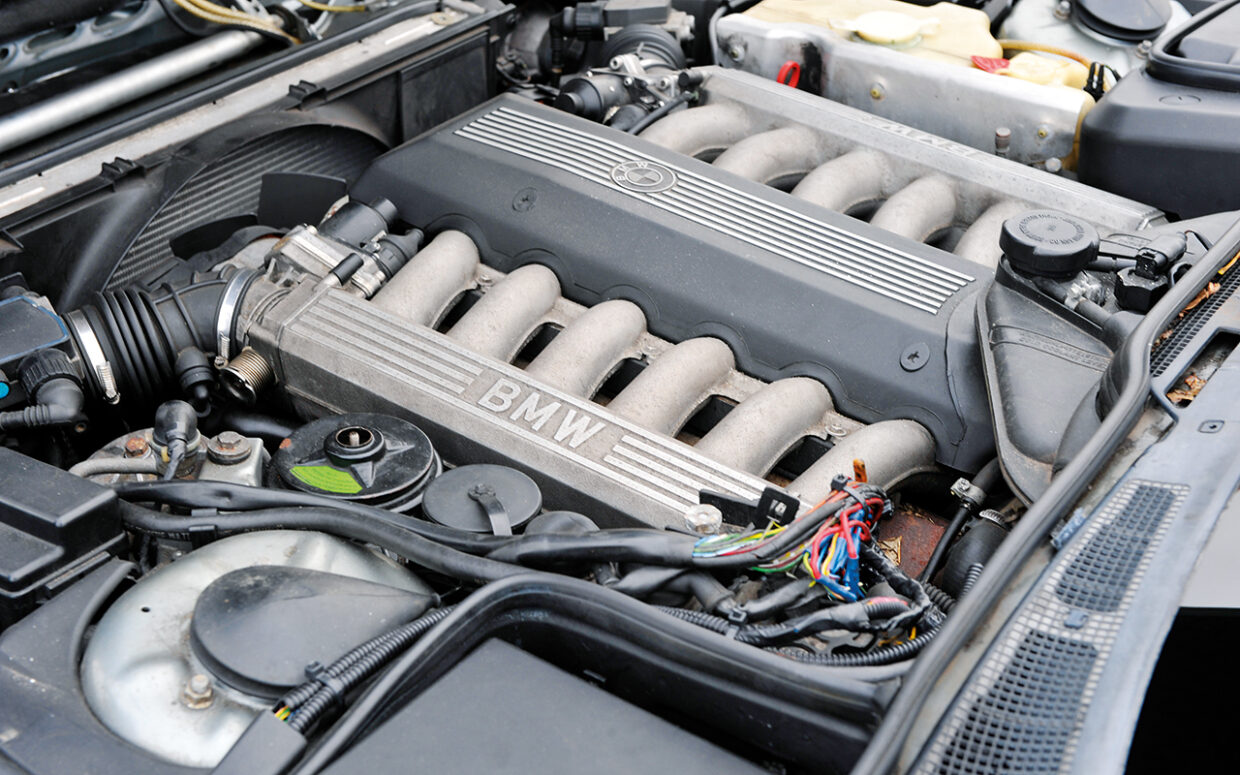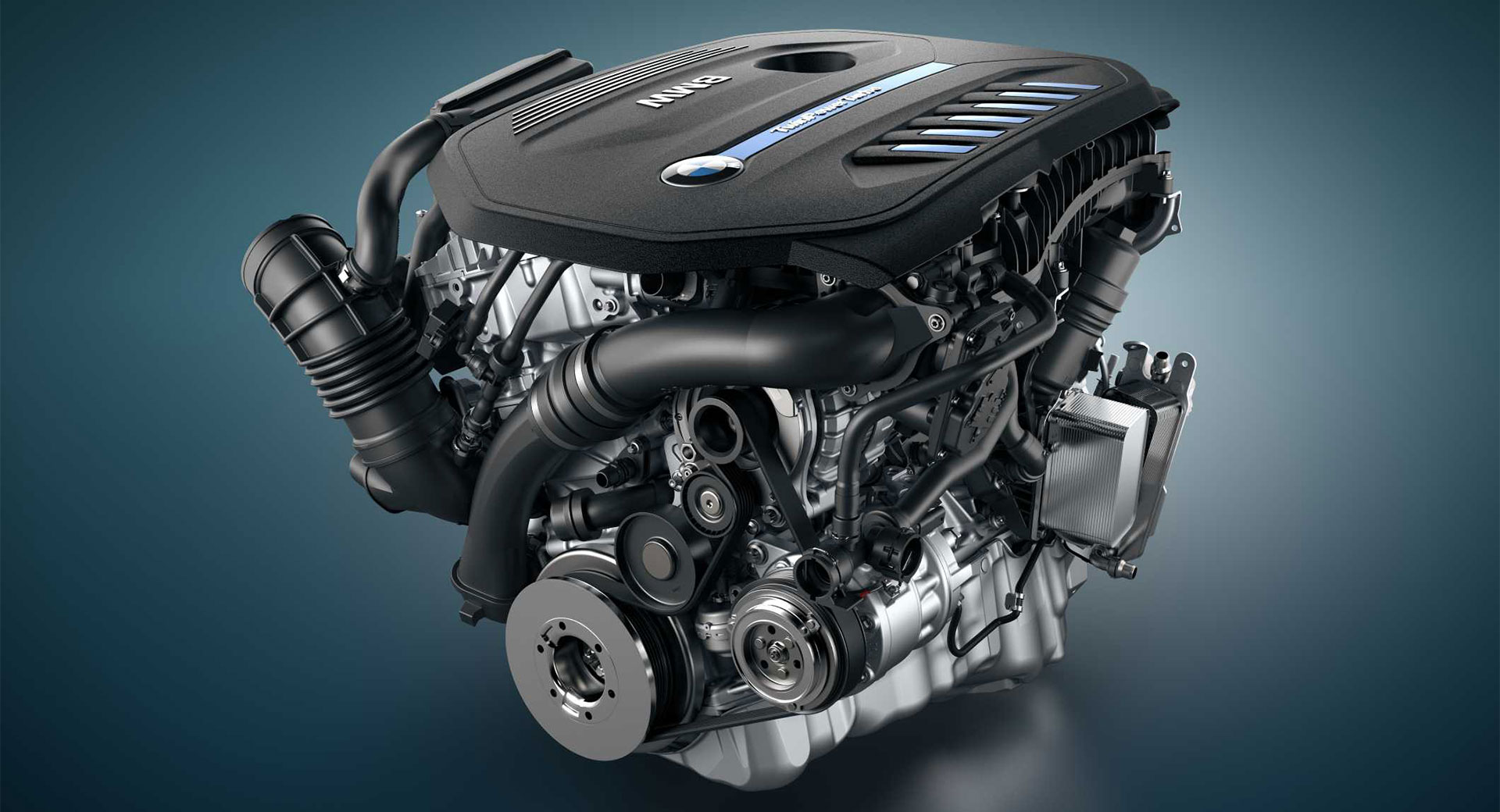Introducing the Intricacies of Next-Generation Power Units: a Deep Study Advanced Engine Layouts and Advancements
In the realm of automobile engineering, the ruthless search of sustainability, efficiency, and performance has driven the development of power devices to unprecedented heights. As we stand on the precipice of a new era in transport, the complexities of next-generation engine layouts beckon us to check out the innovative technologies and developments that assure to redefine the driving experience. From innovative materials that push the limits of resilience and weight reduction to innovative turbocharging and supercharging systems that boost power result to new levels, each part of these power units holds a crucial to unlocking the future of automobile design. Digging much deeper into the worlds of exhaust control, intelligent engine monitoring systems, and the horizon of power system advancement, we discover ourselves on the cusp of an improvement that guarantees to reshape the landscape of flexibility as we understand it.
Evolution of Engine Products

The shift towards advanced engine products has additionally enabled designers to make engines with greater power outcomes while maintaining gas efficiency criteria. The usage of lightweight products minimizes the general weight of the engine, leading to enhanced gas economic climate and lower emissions. In addition, developments in products technology have permitted far better thermal administration within engines, resulting in increased reliability and longevity.
Turbocharging and Supercharging Technologies
Exactly How do Turbocharging and Supercharging Technologies transform engine efficiency and efficiency in modern-day automobiles? Turbocharging and supercharging are modern technologies that significantly enhance engine performance by raising the quantity of air consumption into the combustion chamber. Turbocharging accomplishes this by utilizing a wind turbine driven by exhaust gases to pressurize the consumption air, while supercharging makes use of a belt- or chain-driven compressor to accomplish the exact same result.
These modern technologies make it possible for smaller, more fuel-efficient engines to produce power comparable to larger ones, referred to as downsizing. Forcibly more air into the cylinders, supercharging and turbocharging improve combustion performance, resulting in boosted horse power and torque output without a significant increase in engine size. This leads to much better velocity, towing capability, and total driving performance.
Moreover, turbocharging and supercharging add to boosted fuel performance by enabling the usage of smaller sized engines that eat much less gas under normal driving conditions - bmw engine. This mix of improved efficiency and performance has actually made turbocharging and turbo charging indispensable elements of numerous contemporary engine layouts
Exhaust Control and Environmental Effect
With raising global worries relating to air quality and ecological sustainability, the implementation of emission control modern technologies in vehicles plays an essential role in decreasing dangerous contaminants released into the atmosphere. Modern automobiles are furnished with sophisticated exhaust control systems that assist lessen the ecological impact of auto procedures. Catalytic converters, as an example, are made to convert hazardous gases such as carbon monoxide gas, nitrogen oxides, and hydrocarbons right into less unsafe materials like co2 and water vapor.
In addition, developments in engine modern technology, such as the assimilation of exhaust gas recirculation systems and discerning catalytic decrease, have substantially added to reducing emissions. These technologies operate in tandem to maximize combustion performance and lessen the launch of dangerous pollutants into the air. In addition, the growth of crossbreed and electrical cars stands for an essential step towards lowering the total environmental impact of the transport market.
Intelligent Engine Management Systems

Furthermore, these systems enable automobiles to satisfy stringent exhausts standards without endangering efficiency, giving an extra eco friendly driving experience. The combination of expert system and artificial intelligence abilities in engine management systems remains to push the boundaries of what is feasible, bring about further improvements in performance, dependability, and total lorry performance. bmw engine. As automobile modern technology breakthroughs, intelligent engine administration systems will certainly play a vital function fit the future of transportation towards a much more sustainable and efficient instructions
Future Trends in Power Unit Development
As smart engine monitoring systems pave the way for improved control and optimization in contemporary vehicles, future fads in power unit growth are positioned to redefine the landscape of automobile propulsion technologies. These alternate power sources use boosted effectiveness and efficiency while aligning with strict environmental guidelines.
One more significant trend is the combination of innovative products and manufacturing Read Full Article methods. Light-weight materials such as carbon fiber and light weight aluminum are being used to reduce general vehicle weight, improving gas effectiveness and efficiency. Additionally, advancements in 3D printing and additive manufacturing are making it possible for the manufacturing of complicated engine components with higher precision and useful site sturdiness.
In addition, synthetic knowledge and device understanding are playing a critical role in optimizing power unit performance. These innovations permit real-time surveillance and flexible control, causing a lot more trusted and reliable power shipment. Overall, future patterns in power unit advancement are tailored towards efficiency, sustainability, and efficiency, driving the vehicle industry towards a brand-new age of propulsion innovations.

Final Thought
In conclusion, the improvements in engine materials, turbocharging, exhaust control, and smart management systems have led the way for next-generation power systems. These advancements have not just improved performance and efficiency yet likewise lowered ecological influence. As modern technology proceeds to evolve, future trends in power device development are likely to concentrate on further improving sustainability and enhancing power outcome. The detailed styles and advancements in contemporary engines showcase the continuous advancement of auto modern technology.
Checking out the progressive advancements in engine materials has been crucial in improving the efficiency and efficiency of modern engines. Over the years, the development of engine materials has actually hop over to these guys played a crucial function in pressing the limits of what engines can attain.The shift towards progressed engine products has also allowed engineers to make engines with higher power outputs while maintaining gas efficiency criteria.The execution of smart engine administration systems in contemporary lorries has changed the means engines are managed and optimized for performance and performance. By collecting data in real-time and assessing it with innovative algorithms, smart engine monitoring systems can adapt to driving designs, environmental aspects, and engine health to maximize power outcome while lessening gas intake and discharges.